California Landmark Eyes High-Tech Efficiency Effort
A century-old Bay Area hotel will employ artificial intelligence to model an upgrade without upfront costs.
The Claremont Club & Spa, a Fairmont Hotel in Berkeley, Calif., celebrated its centennial in 2015. But the 105-year-old property owned by Accor has kept pace with its younger competitors through the decades by implementing strategic upgrades. A new partnership promises to the bring the Claremont to the forefront of the hospitality industry’s energy conversation efforts, all without upfront costs or disruptions to the guest experience. The project will begin later this year.
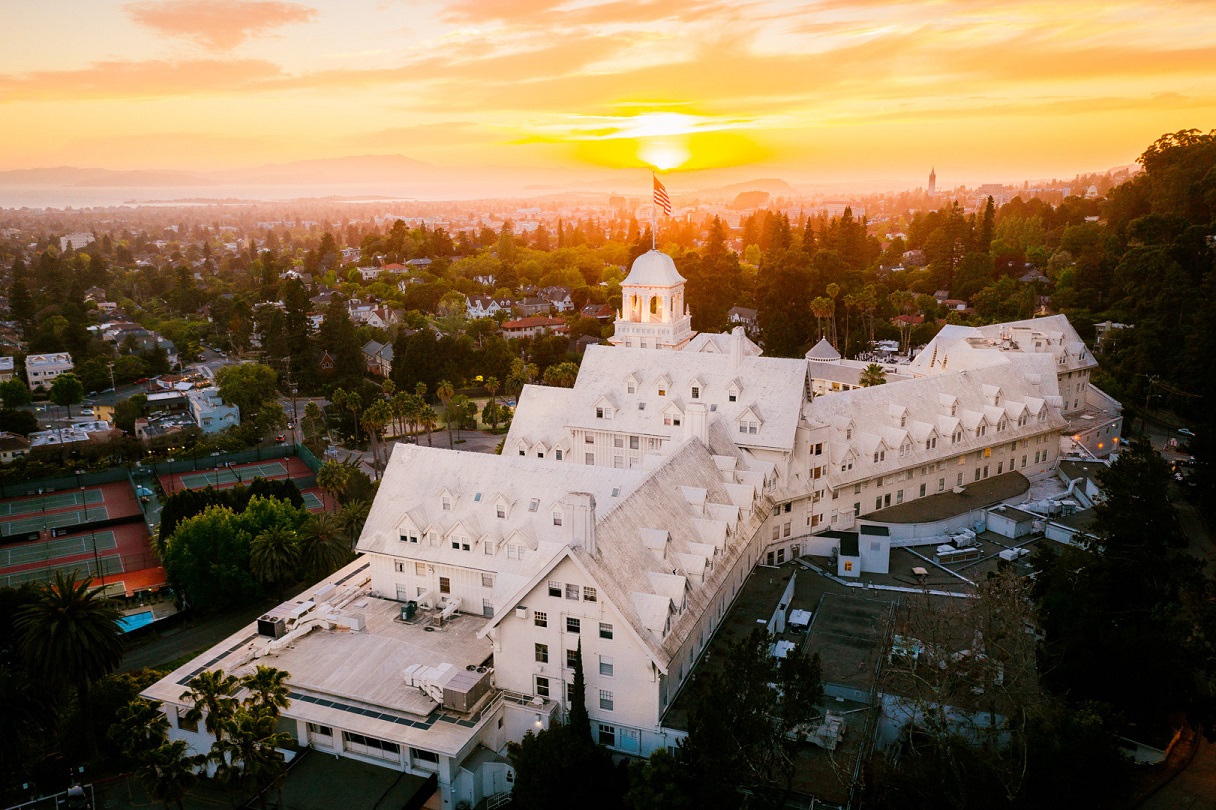
Claremont Club & Spa, Berkeley, Calif.
Located in the Oakland Hills overlooking San Francisco Bay, the Claremont marked its 100th anniversary with extensive front-of-the-house renovations of guest rooms, restaurants and meeting spaces. A certified California Green Business, the Claremont has replaced drinking straws, stirrers and cottonbuds with environmentally friendly alternatives. It also aims to reduce food waste by 30 percent by the year 2021.
Beyond these types of visible enhancements that appeal to consumers, hotel management also wanted to optimize the operational parts of the business that guests might never interact with especially since commercial real estate accounts for over 40 percent of carbon emissions in the U.S.
“Historically in our business the most compelling reason we talk with a real estate owner is the guaranteed cost savings,” said JJ Steeley, executive vice president of customer experience at Carbon Lighthouse. “Once I started working with the folks at Claremont, it was really interesting to hear how much passion they have for carbon emissions.”
Steeley spent a number of years in the hotel industry before joining Carbon Lighthouse. She notes that for high-end hotels like the Claremont, a good piece of their business is corporate travel and large meetings. “The customers who host those events are floating RFPs that are much more focused around sustainability. I’ve seen that definition of sustainability shift over time from a focus on waste stream and recycling and water conservation to the current priority of climate change and carbon emissions,” she added.
How it Works
Carbon Lighthouse’s stated mission is to stop climate change by helping erase the 20 percent of global emissions that come from non-residential buildings. Clients include Tesla, Kilroy Realty, Durst, Related, Stanford University, Wilson Meany, Dostart Development and Ellis Partners.
For a fixed fee, Carbon Lighthouse guarantees a specific level of savings. For example, a CRE client that pays $100,000 per year will be guaranteed savings of $250,000 per year. Savings may vary from month to month depending on the weather and occupancy. If savings are greater than expected in a given month, the CRE client keeps the extra value; and, if savings are less than expected, Carbon Lighthouse will write the client a check for the difference.
The program will begin with the deployment of dozens of IoT sensors that will collect thousands of original thermodynamic data points from air and water temperature and flow rates in HVAC equipment to lighting and occupancy. These sensors seek out hidden opportunities for energy savings.
Carbon Lighthouse will then model thousands of scenarios to optimize the Claremont’s existing hotel equipment. A proprietary artificial intelligence platform looks for one-time changes, such as lighting retrofits, changing valves and other easy fixes. “Of course, these aren’t hard to find, even using spreadsheets and manual entry, and a lot of our clients have already done a lot of that,” explained Brenden Millstein, Carbon Lighthouse’s CEO & co-founder.
“The second thing we look for is all of the ongoing optimization,” adds Millstein. This is where Carbon Lighthouse gets, on average, about 80 percent of its savings over time. The company estimates that through optimizations to existing equipment in the Claremont’s HVAC equipment and lighting, the hotel stands to achieve more than $300,000 in energy cost savings.
“As a Bay Area landmark in the hospitality industry, Claremont Club & Spa is uniquely positioned to lead an innovative push toward achieving actionable sustainability goals,” said Millstein. “This partnership is an example of how owners and operators in hospitality can continue to modernize and streamline historic and interesting properties.”

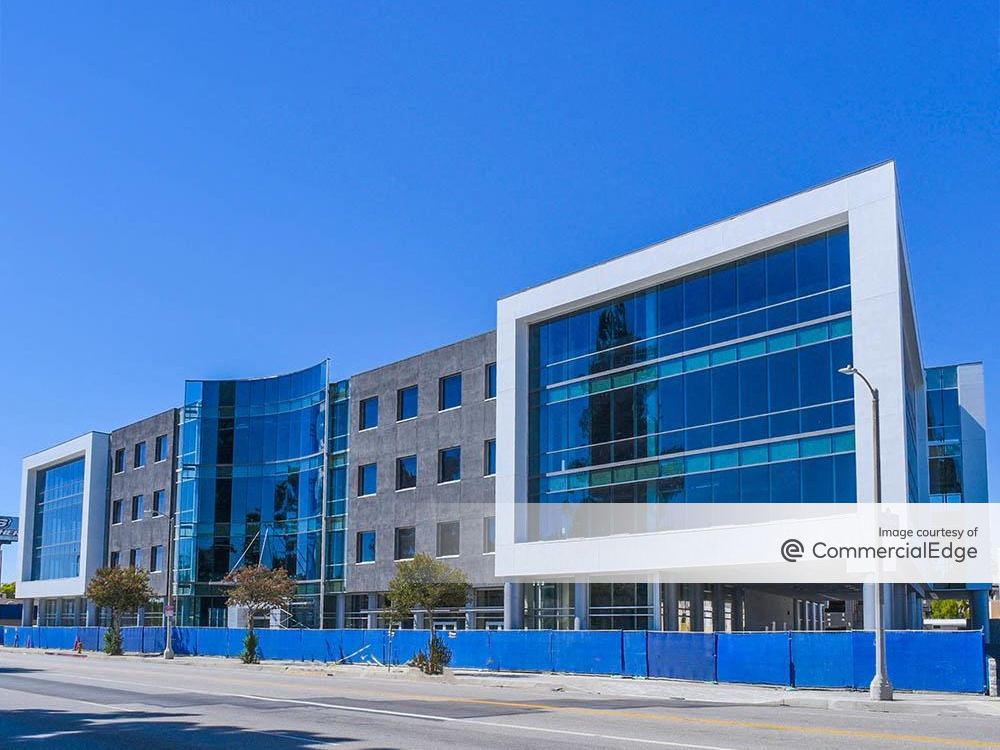
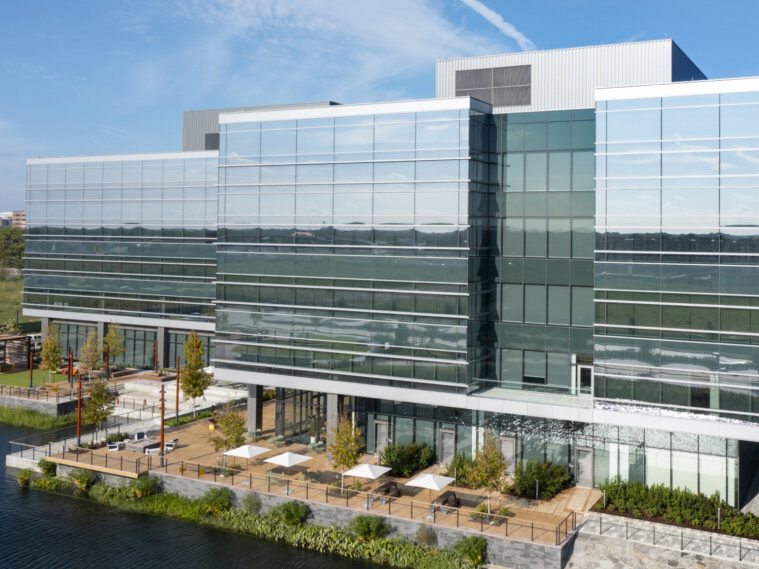
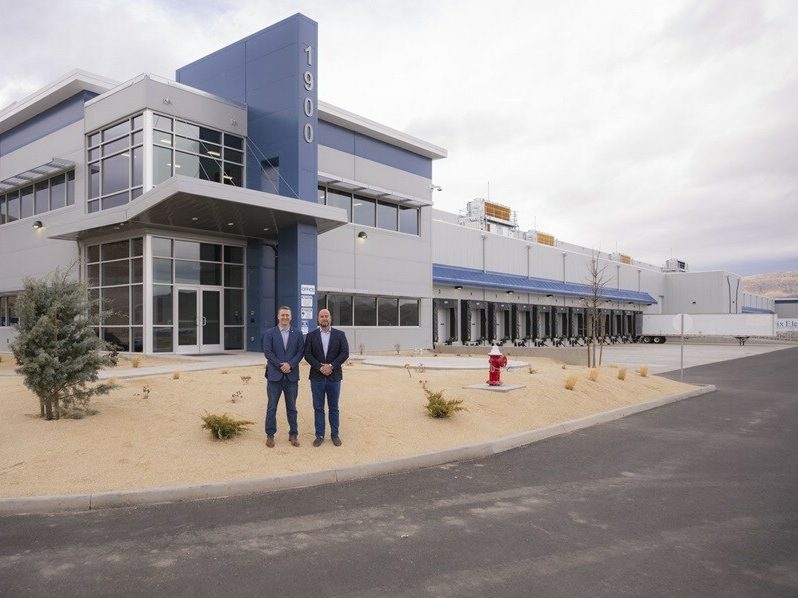
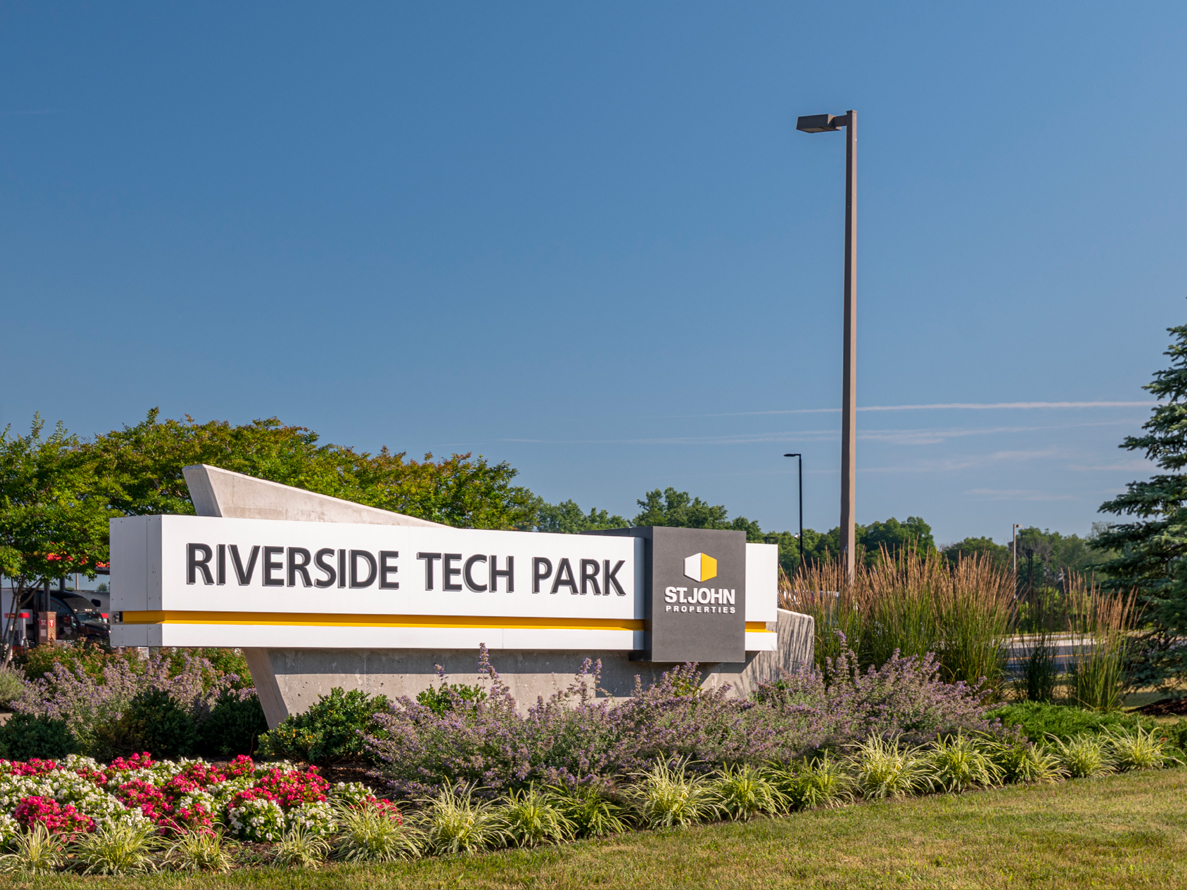
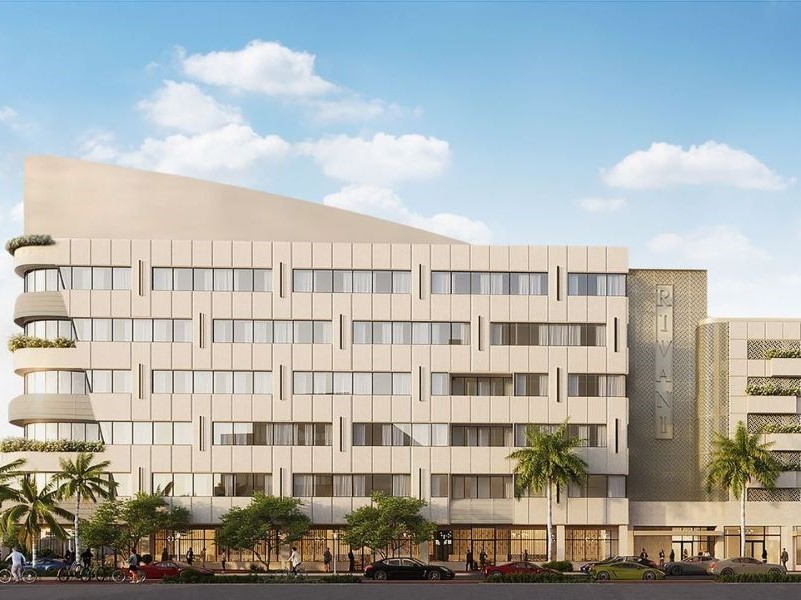
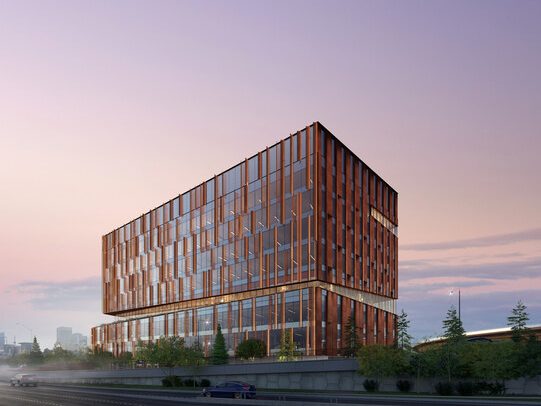
You must be logged in to post a comment.